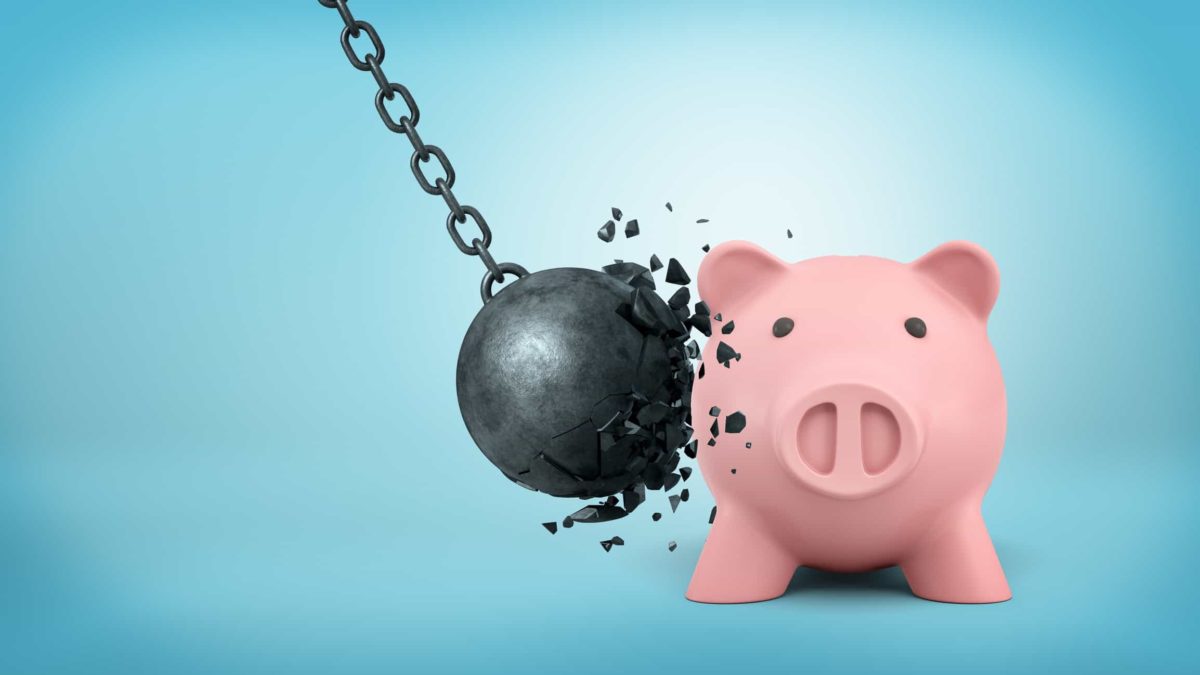It's only been a year (give or take) since our last S&P/ASX 200 Index (ASX: XJO) market crash. So I'd wager not too many investors are expecting another one anytime soon. After all, why should they? The economy is recovering nicely and interest rates are at record lows. We also don't normally have a market crash more frequently than every 4-5 years. Before March 2020, it was a long and happy 11-12 years since the global financial crisis, after all.
But one eminent commentator is warning investors that all might not be as rosy as it seems. According to reporting in The Sydney Morning Herald (SMH) this week, Peter Costello sounds alarm bells. Mr Costello is Australia's longest-serving Treasurer (under the Howard government) and more recently is chair of the Future Fund – the ~$218 billion sovereign wealth fund of Australia.
According to the report, Mr Costello is concerned about the current monetary policy settings. Specifically, the near-zero interest rate of 0.1% that the Reserve Bank of Australia (RBA) maintains. He even warns that these extremely low rates could prove the "catalyst" for the next financial crisis if no "exit strategy" is developed:
I understand what's going on, that we're trying to reassure everybody that monetary policy and fiscal policy will be supportive for as long as it is needed. But I think the critical thing at the moment for central banks and governments is to think of the exit strategy… Because if we don't have an exit strategy, we will be building up the next financial crisis, and you know what the next financial crisis will be? It will be asset bubbles.
Rates and bubbles
Earlier in the week, we reported how RBA governor Dr Philip Lowe has effectively shot down movements in the bond market pricing in interest rate hikes as early as next year. Dr Lowe and the RBA have previously indicated that rates will stay at their current level until 2024. This week, Dr Lowe stated that that is still his expectation. He justified this by saying that wage growth and inflation are expected to be subdued for years.
But Mr Costello seems to disagree, stating that "these rates are emergency rates. They are for emergencies".
The Australian housing market's performance appears to be feeding into Mr Costello's argument this week as well. Today, the Australian Financial Review (AFR) reports that Australian house prices are now at new record highs. A recovering economy, the ongoing rollout of coronavirus vaccines and, yes, record low interest rates are estimated to be behind this move.
If house prices continue to rise even higher, it won't be easy to discount Mr Costello's prediction of asset price bubbles.








